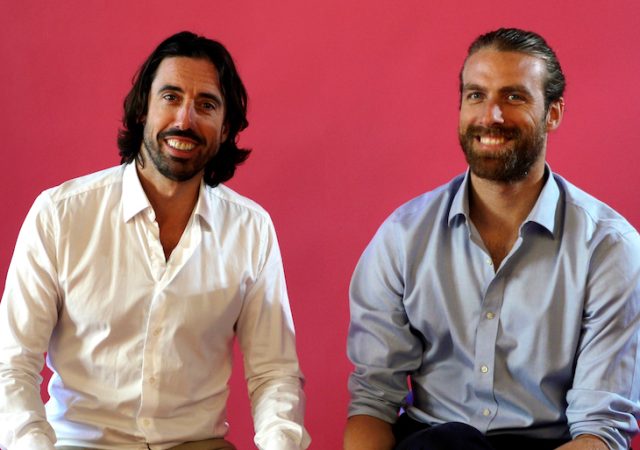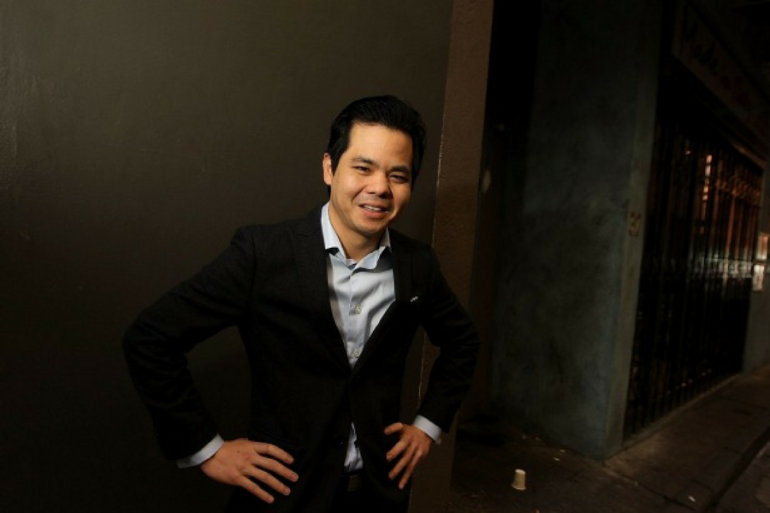Rumours that the federal government was looking at dramatically ramping up the thresholds to qualify for the wholesale investor test sent shockwaves through the startup sector at the start of 2024.
The purported changes being considered as Treasury looked into the issue were increasing the asset threshold to $4.5 million, up from $2.5m, with the annual income test rising to $450,000, from $250,000.
It may have been a kite-flying exercise by the government, which set out to address concerns about managed investment schemes, but much like a shark net off Bondi, ends up killing bycatch like startups.
Early-stage investor Cheryl Mack, founder of Aussie Angels, led debate on the issue and even managed to get her late submission accepted, other with others from the venture capital sector, as well as peak body the Tech Council of Australia.
Meanwhile, work on the issue continues at an inquiry by the Parliamentary Joint Committee on Corporations and Financial Services.
The 10-member committee, chaired by Labor senator Deborah O’Neill, with Liberal MP Alex Hawke as deputy, has been delving into the issue for the past 14 months and final submissions on the issue close next Wednesday, May 15.
In addition to receiving public submissions (where a submission is published on the inquiry website along with the submitter’s name) the committee is also able to receive submissions on a ‘name withheld’ or confidential basis.
The terms of reference the Committee is looking into the wholesale investor issue under include:
- a comparison with comparable overseas jurisdictions, including any proposed or recent changes to tests used in similar contexts;
- consideration of any proposals to change the wholesale investor/client tests, including: any evidence to support such proposals, the possible consequences (both intended and unintended) of any change to the wholesale investor/client tests, the costs and benefits of any change, the impact of any change on different cohorts of investor/client and other stakeholders;
- any potential adjustments to proposals to change the wholesale investor/client tests to address the concerns of stakeholders;
- the process to be adopted prior to settling any change to the wholesale investor/client tests, including any additional Government consultation process necessary to ensure full and proper consultation prior to implementing any change.
The committee intends to hand down its report by the end of 2024.
A vocal critic of the proposals floated in January include tech investor and former Queensland premier Campbell Newman.
“I would encourage everyone that has been concerned by the proposals put forward by ASIC and Treasury, to raise the threshold, to make a submission to the Committee,” he said.
“This is an opportunity to create a framework that protects Australians from shonky operators but ensures that people can invest in innovative financial products and that early stage companies can source the capital they need.”
William Buck’s Jack Qi is also concerned and doesn’t believe raising the wholesale investor thresholds are a solution.
“The capital markets have been really tough for Australian startups in the last two years and the Government needs to strike a fine balance between protecting “mum and dad investors” and cutting off the lifeblood of early stage tech companies in Australia,” he said.
“Unfortunately, simply raising the minimum investor income and net asset requirements would be a lazy and blunt instrument that takes away basic human freedoms from people who are already far from financially illiterate.”
Qi said ew investors who meet the current criteria would have any illusions about the risk profile of their investments.
“Instead of condescendingly grading the financial literacy of Australians purely based on their income and assets, the Government must take a more nuanced approach. There have been suggestions of investor education courses and certificates, which make a lot of sense,” he said.
“If that’s too hard and a quick fix is the desired approach, the least that the government could do is keeping the current thresholds for investments up to a reasonable threshold, of say $200,000 per investment. “
If you want to cut out the bureaucrats and talk straight to the politicians about the issue and your concerns, you have less than a week to do it.
So far the committee has just 5 submissions. So if you’re concerned about the impact on the startup sector, get writing.
Details on how to prepare a submission are available here.




















Trending
Daily startup news and insights, delivered to your inbox.